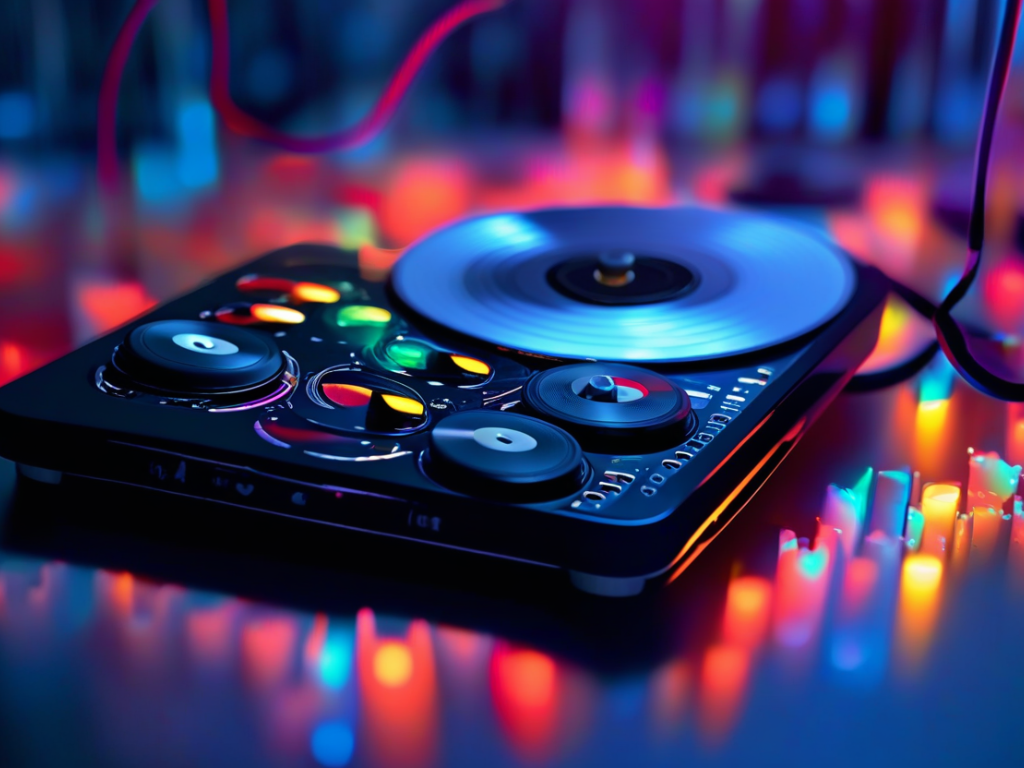As audio enthusiasts, we all strive for the best possible listening experience, and our choice of music player plays a crucial role in achieving that goal. Whether you’re using a portable digital audio player, a smartphone, or a high-end DAC, there are several tips and tricks to help you maximize your music player’s potential for optimal performance. In this guide, we will explore some essential strategies that can enhance your audio experience and elevate your enjoyment of music.
In this article you will find:
- 1. Use High-Quality Audio Files
- 2. Invest in a Quality DAC/Amp
- 3. Optimize EQ Settings
- 4. Update Firmware and Software
- 5. Organize Your Music Library
- 6. Experiment with Different Audio Settings
- 7. Consider External Accessories
1. Use High-Quality Audio Files
One of the fundamental ways to optimize your music player’s performance is to ensure that you are using high-quality audio files. Lossless formats like FLAC or WAV preserve the original sound quality better than compressed formats like MP3. By using lossless files, you can fully appreciate the nuances and details in the music, especially when paired with a high-fidelity audio setup.
2. Invest in a Quality DAC/Amp
A Digital-to-Analog Converter (DAC) and an Amplifier (Amp) can significantly improve the sound output of your music player, especially if you are using headphones or speakers that require more power to drive them effectively. A dedicated DAC/Amp can enhance the clarity, dynamics, and overall audio performance, unlocking the true potential of your music collection.
3. Optimize EQ Settings
Most music players come with built-in equalizer settings that allow you to adjust the sound output according to your preferences. Experimenting with the EQ settings can help you tailor the sound signature to suit different genres or playback scenarios. Fine-tuning the bass, treble, and mid-range frequencies can make a significant difference in how your music sounds.

4. Update Firmware and Software
Regularly updating the firmware or software of your music player is essential to ensure optimal performance and compatibility with the latest audio technologies. Firmware updates often contain bug fixes, performance enhancements, and new features that can enhance the overall user experience. Check for updates periodically to keep your music player running smoothly.
5. Organize Your Music Library
A well-organized music library can make it easier to navigate and enjoy your favorite tunes without hassle. Properly tagging your music files, creating playlists, and organizing folders can streamline the playback process and help you find specific tracks or albums quickly. Consider using music management software to keep your library neat and organized.
6. Experiment with Different Audio Settings
Don’t be afraid to explore and experiment with different audio settings on your music player. Features like soundstage enhancement, crossfeed, or upscaling can offer unique listening experiences and may complement certain genres or audio equipment. Take the time to play around with these settings to discover what works best for your ears.
7. Consider External Accessories
Depending on your specific needs and preferences, you may benefit from using external accessories like high-quality cables, headphone stands, carrying cases, or protective covers for your music player. These accessories can enhance the functionality, durability, and overall aesthetics of your setup, adding both style and practicality to your listening experience.
By incorporating these tips and tricks into your audio setup, you can truly optimize your music player’s potential and enjoy exceptional sound quality that brings your favorite songs to life. Remember, the ultimate goal is to immerse yourself in the music and appreciate every note, beat, and melody as the artist intended. So, keep exploring, experimenting, and fine-tuning your setup to create a truly personalized audio experience that resonates with your unique tastes and preferences.

